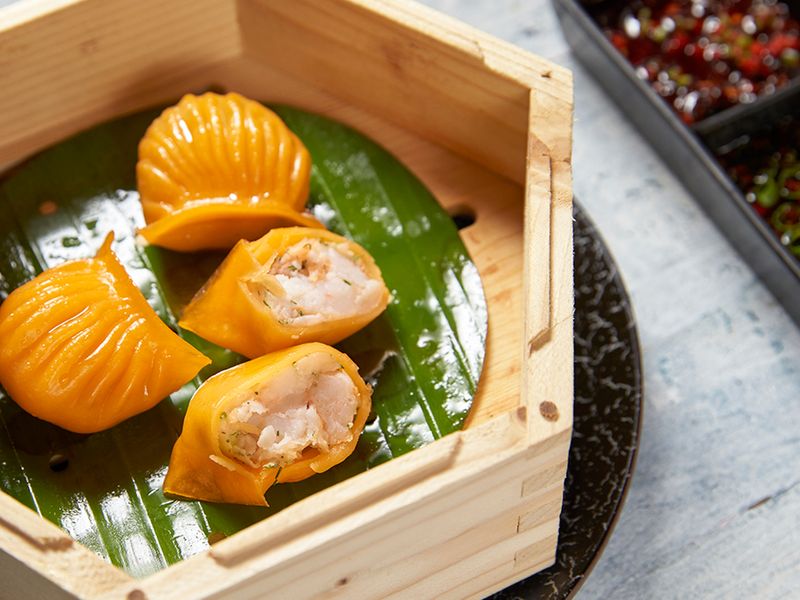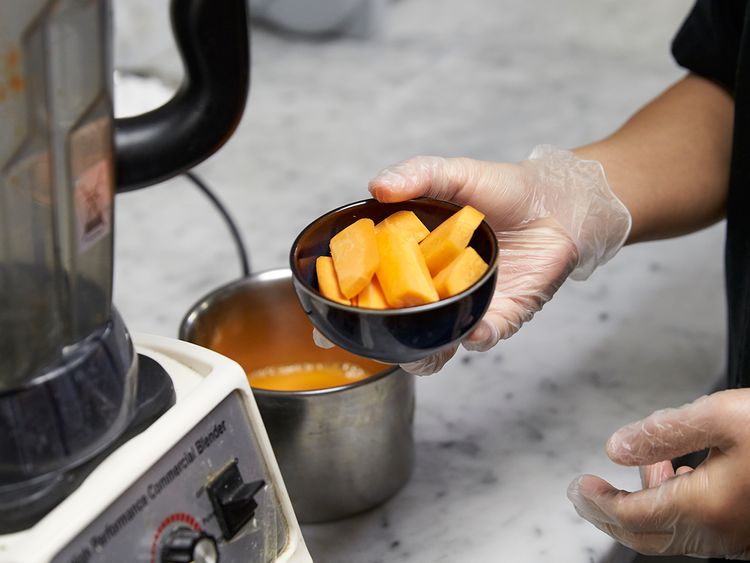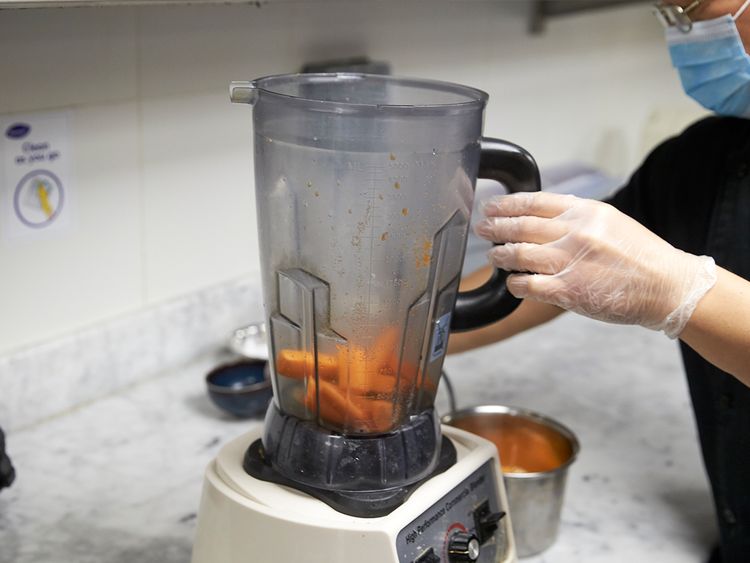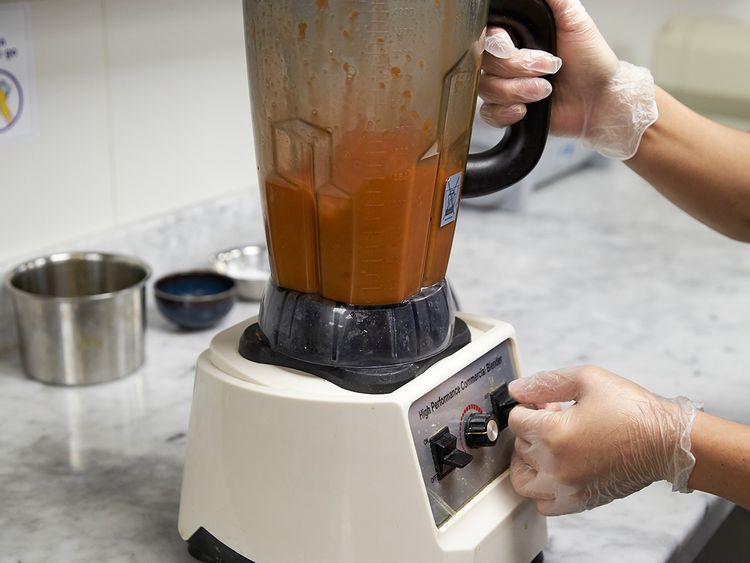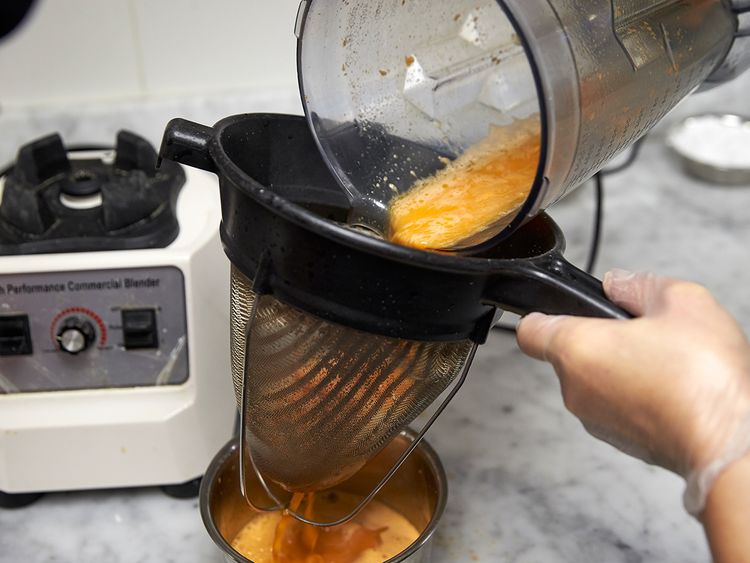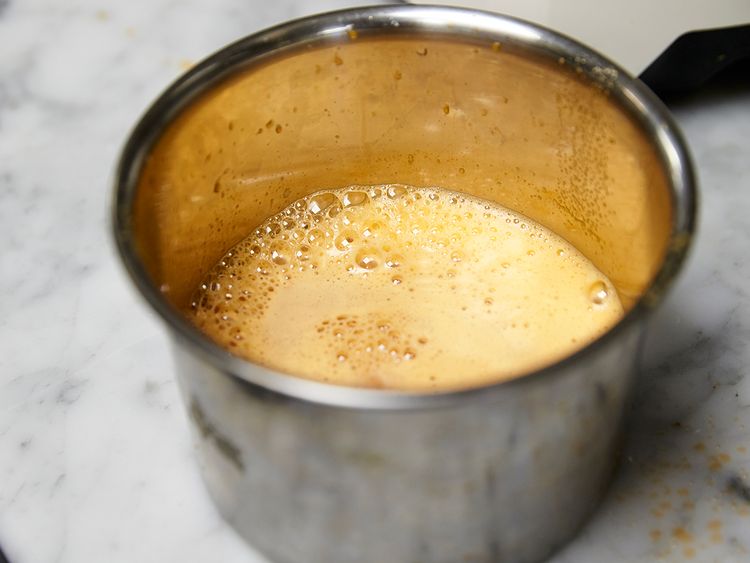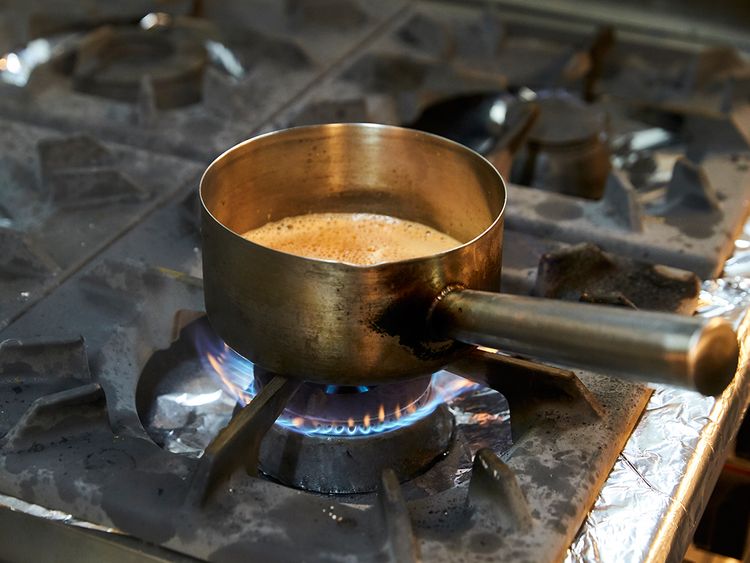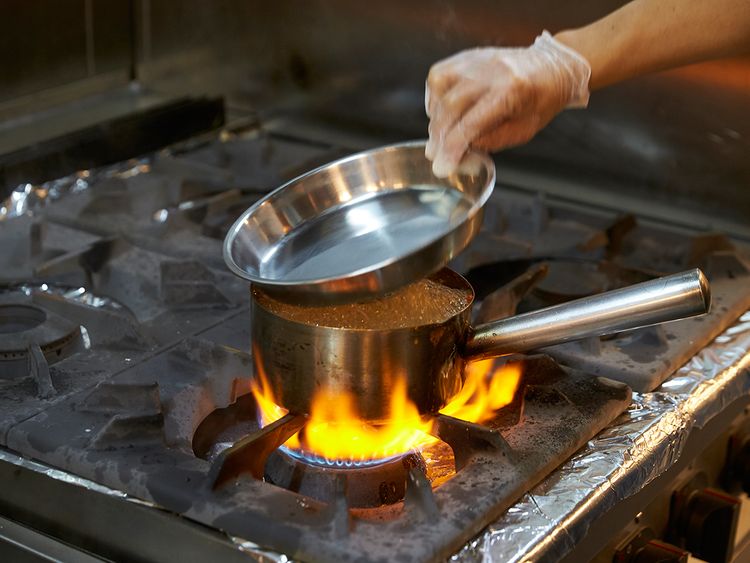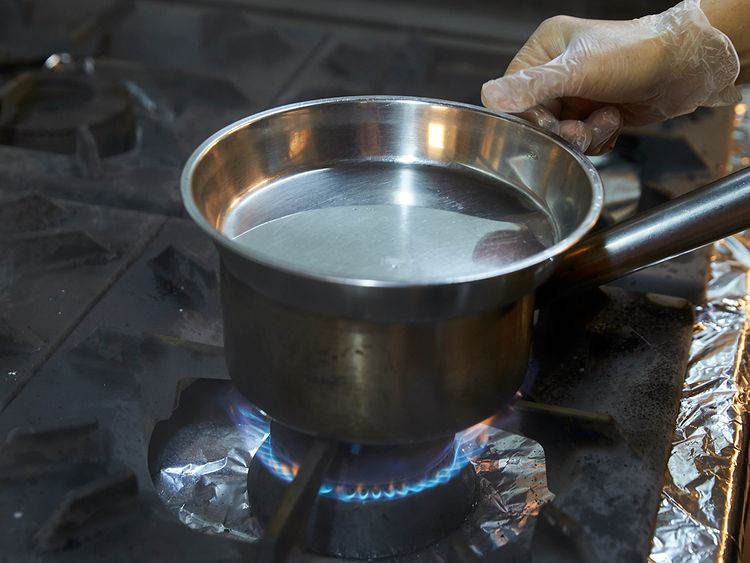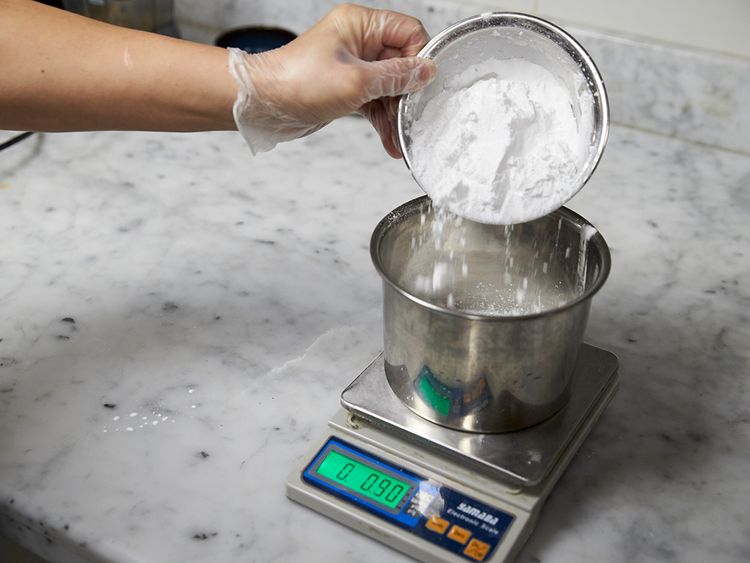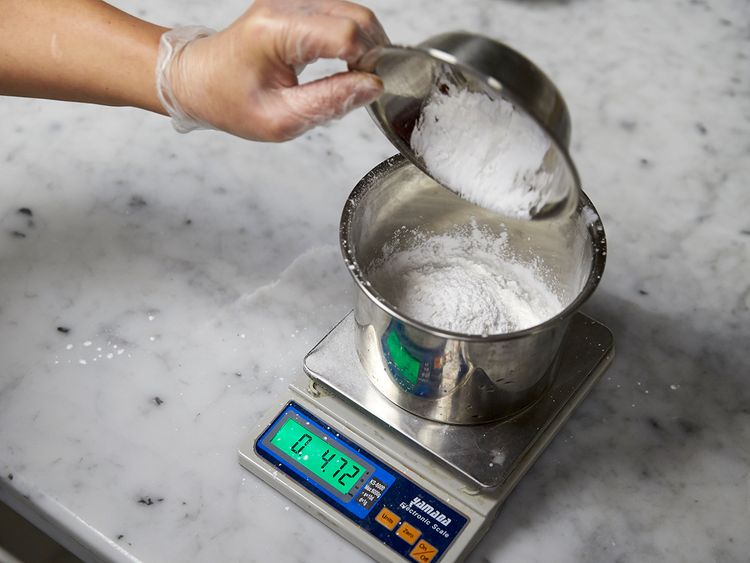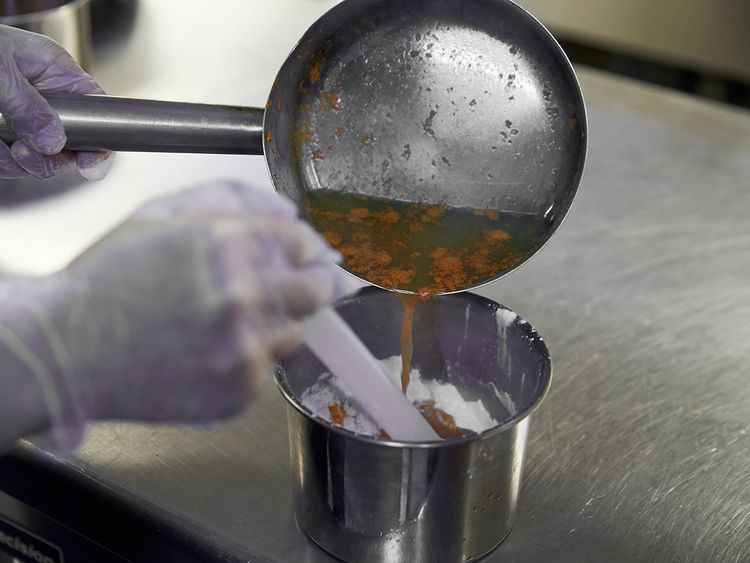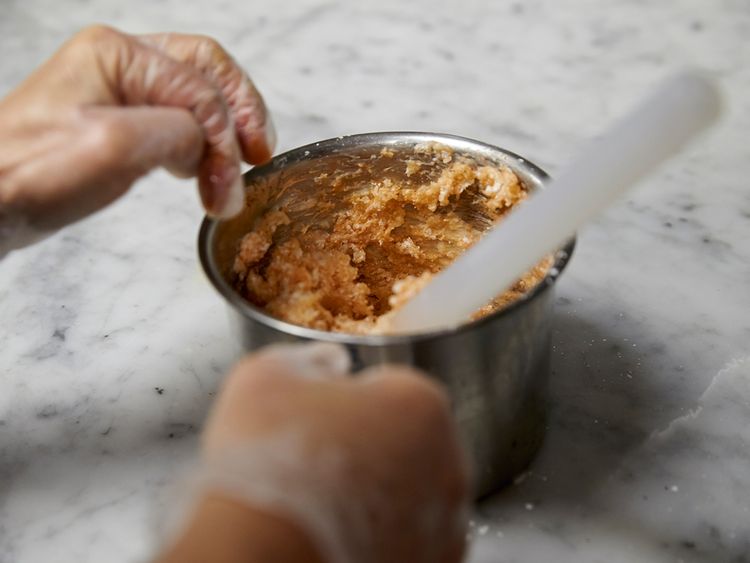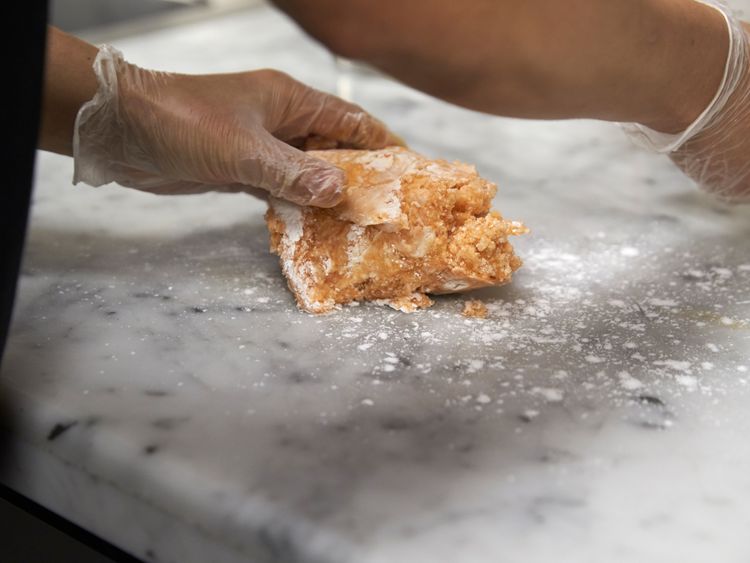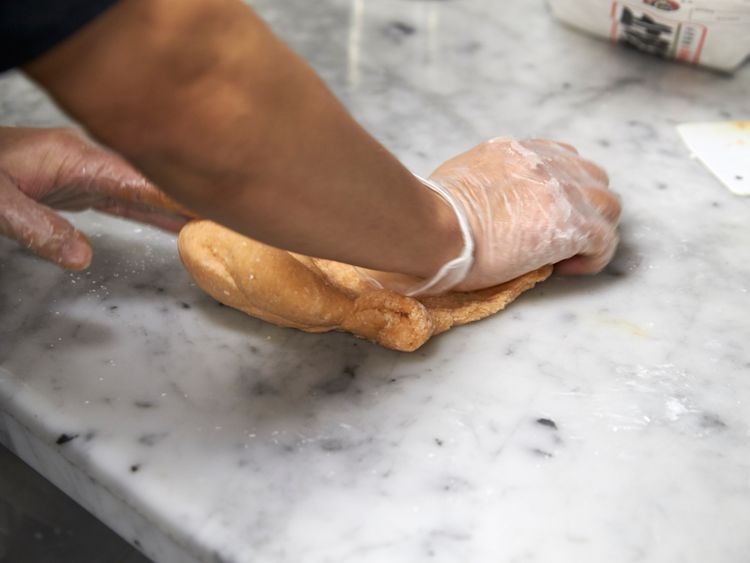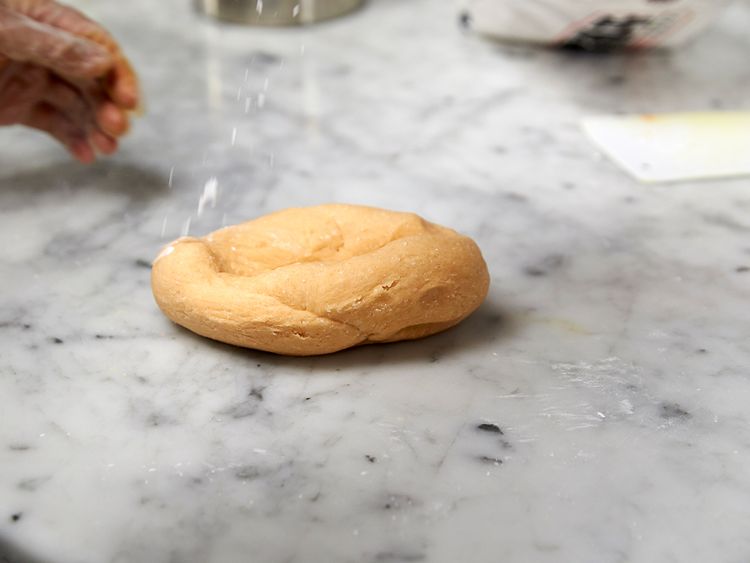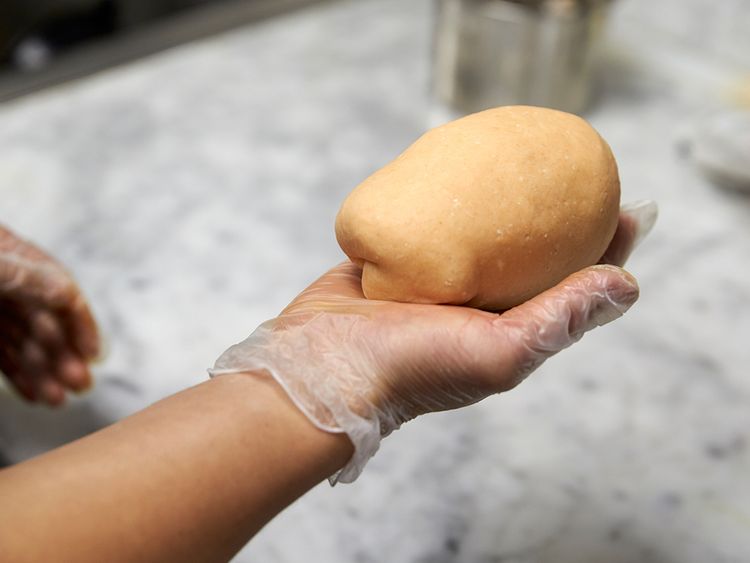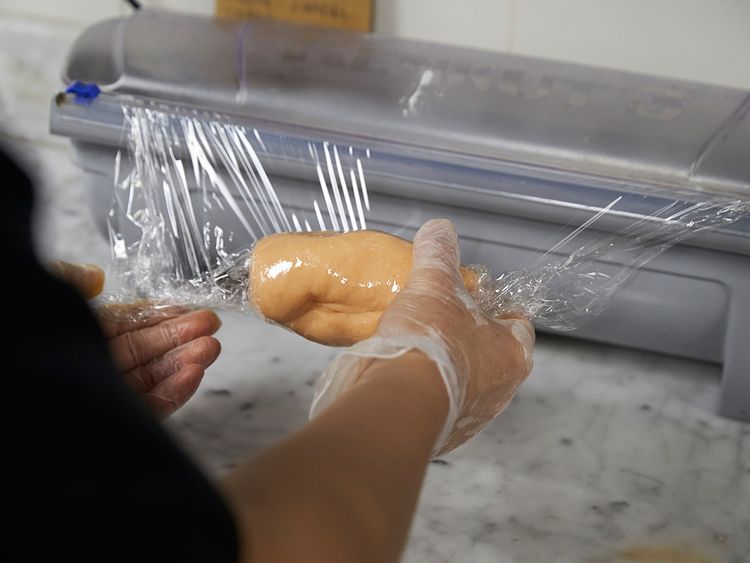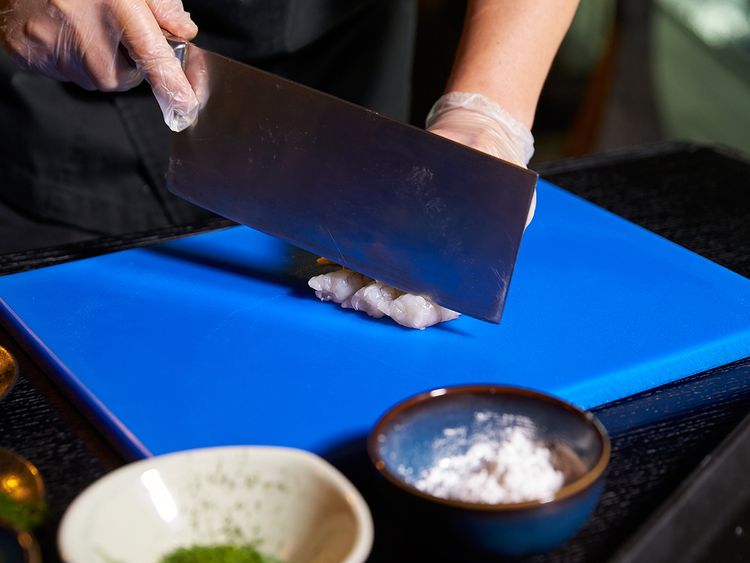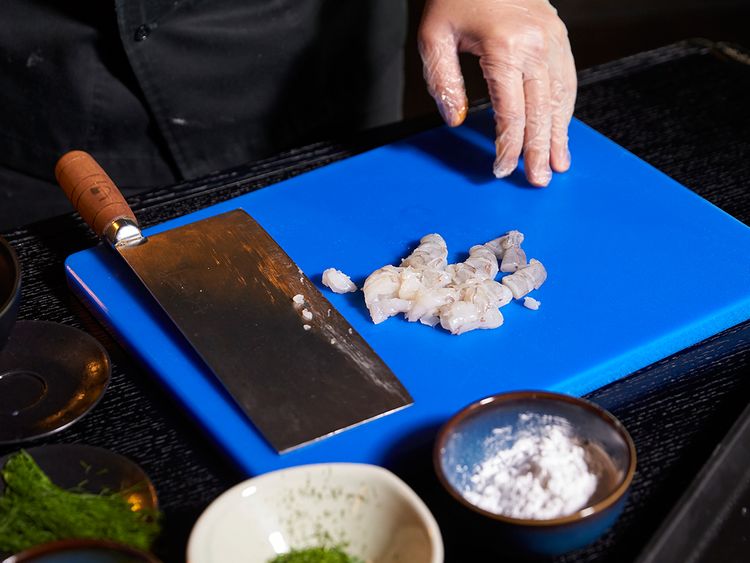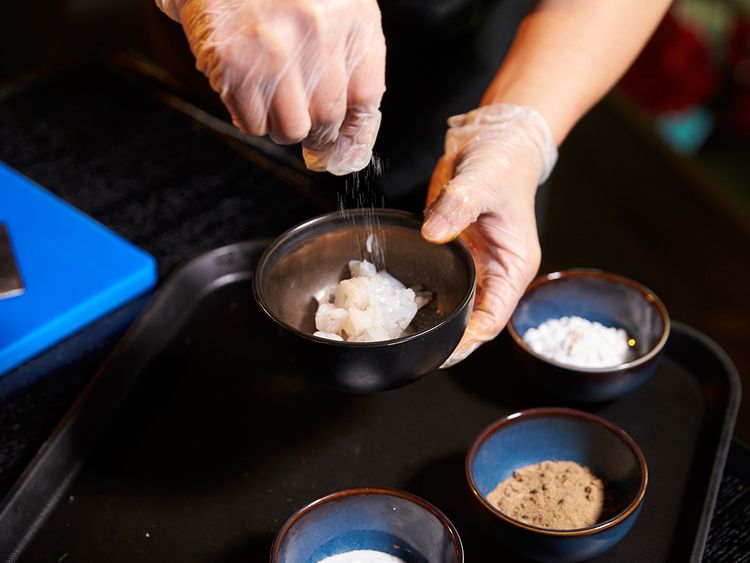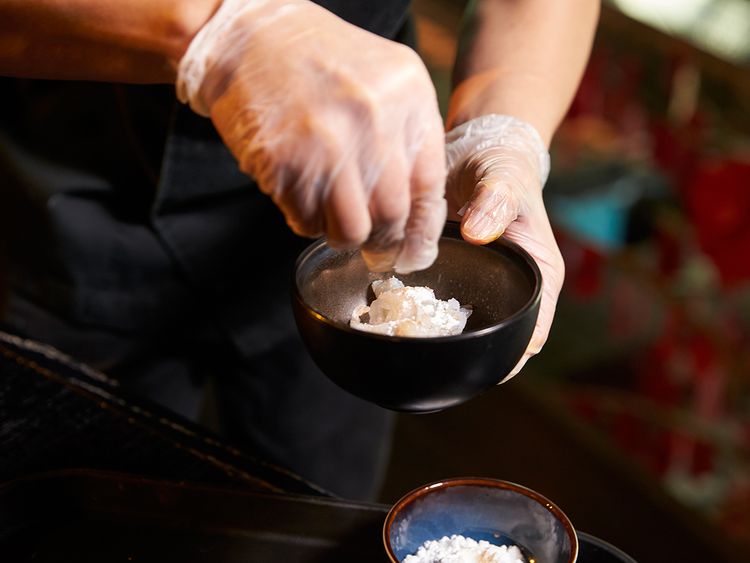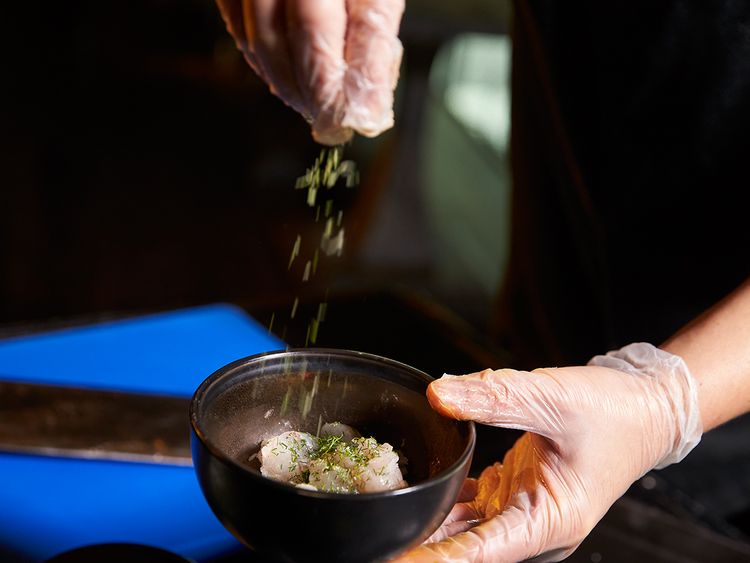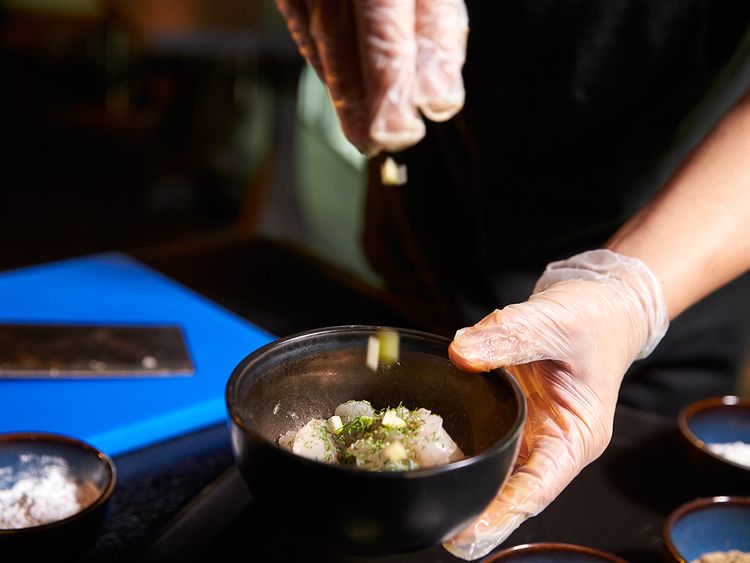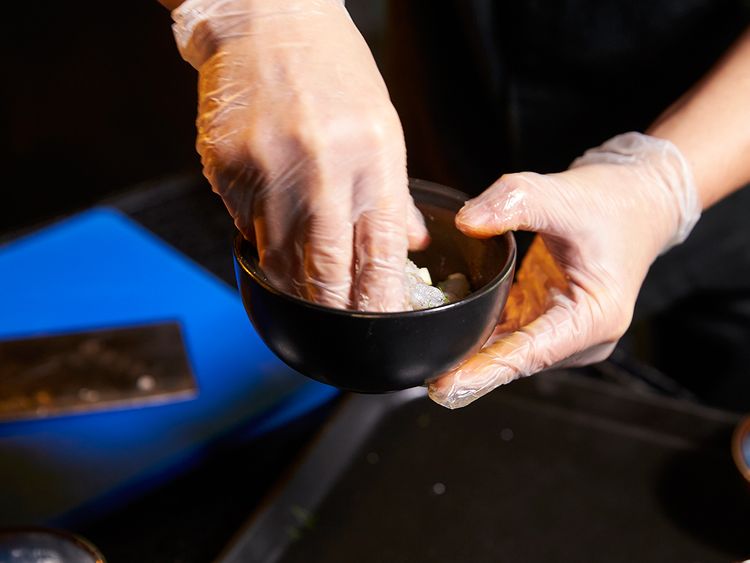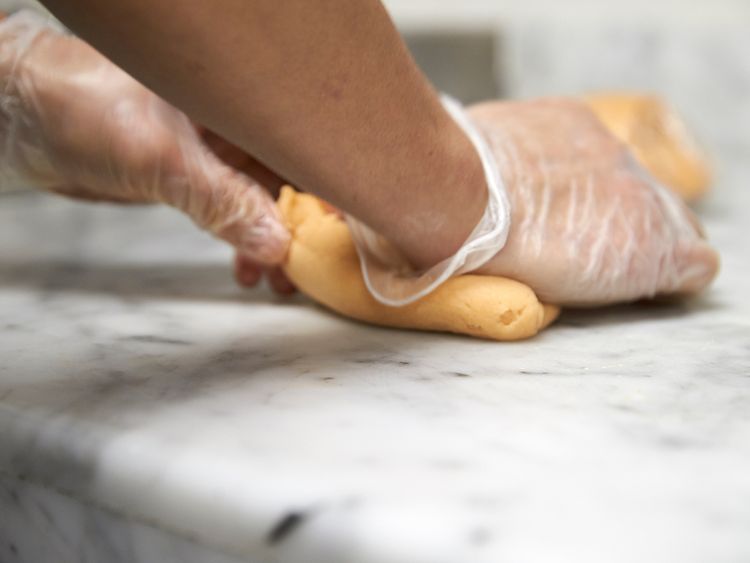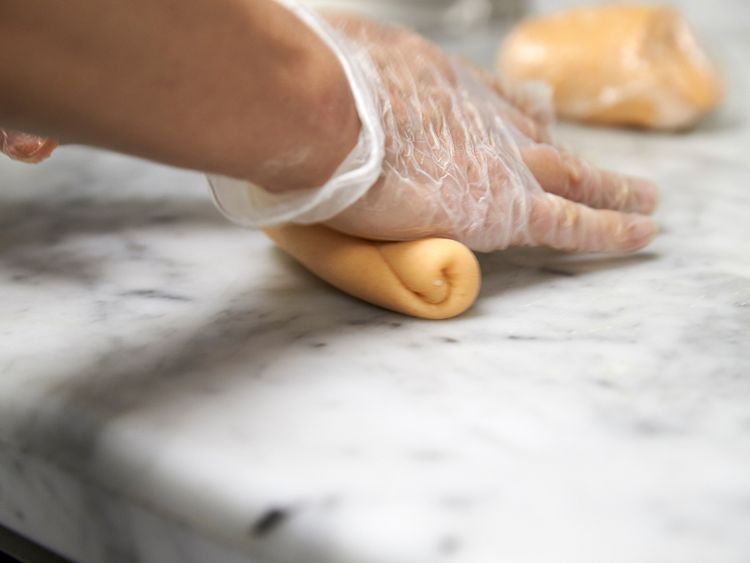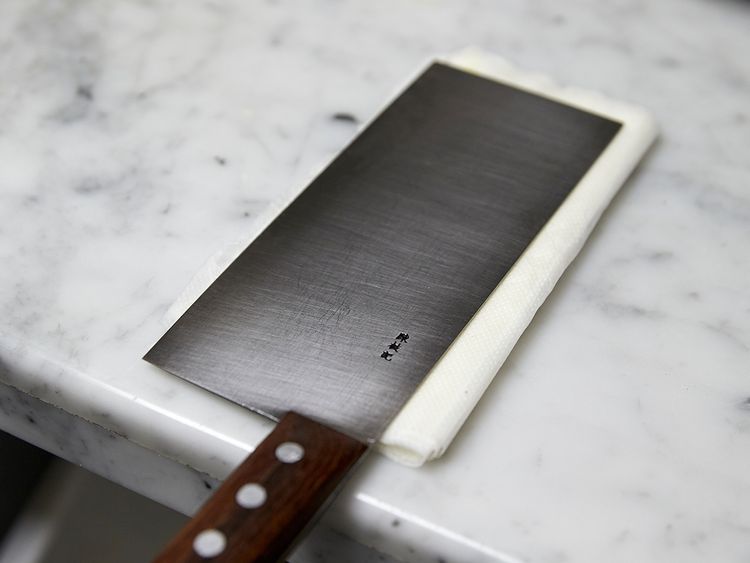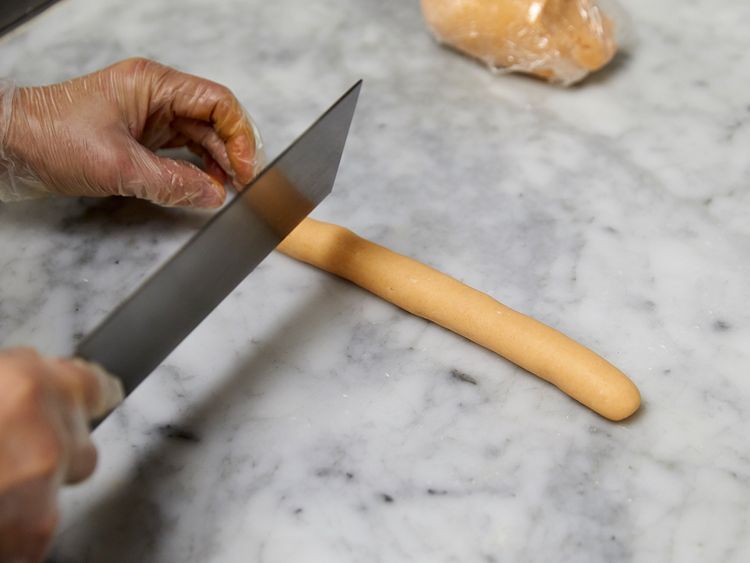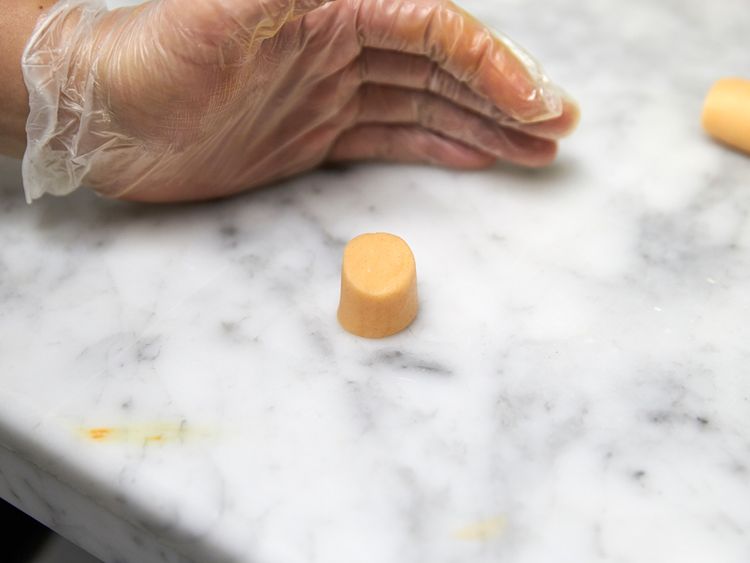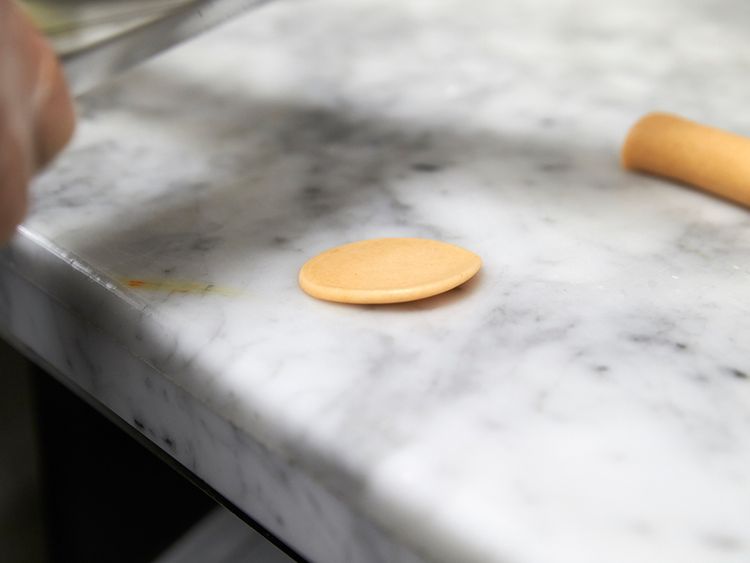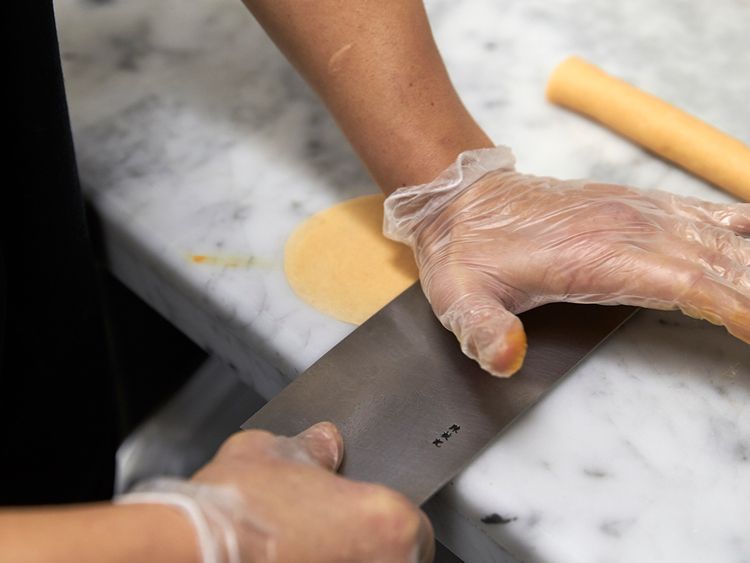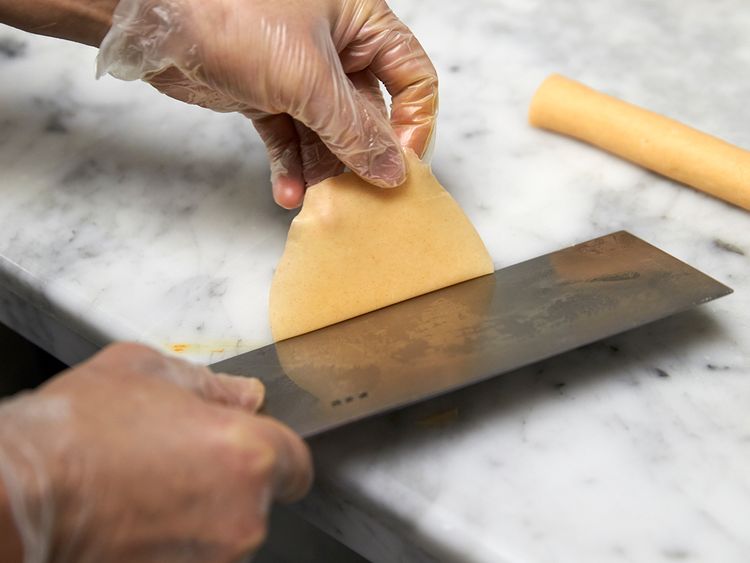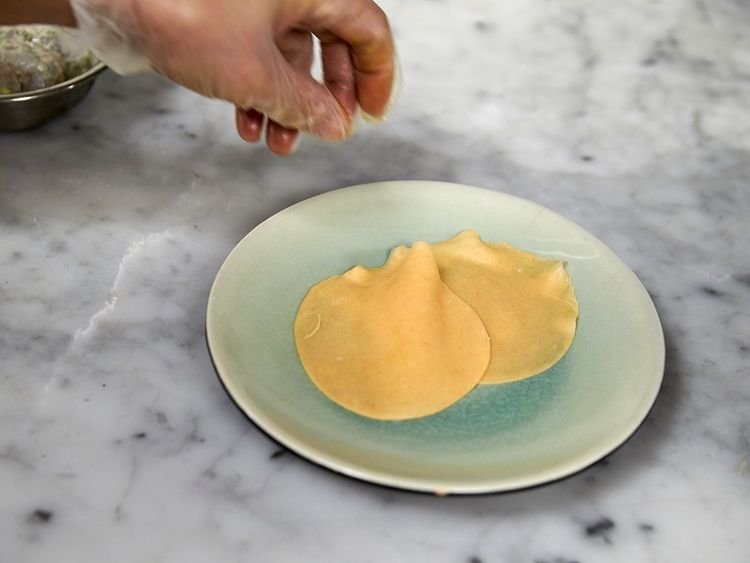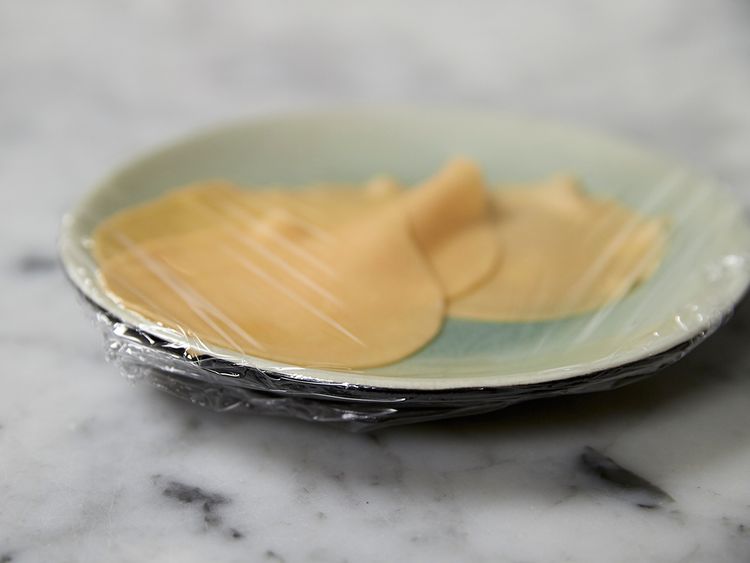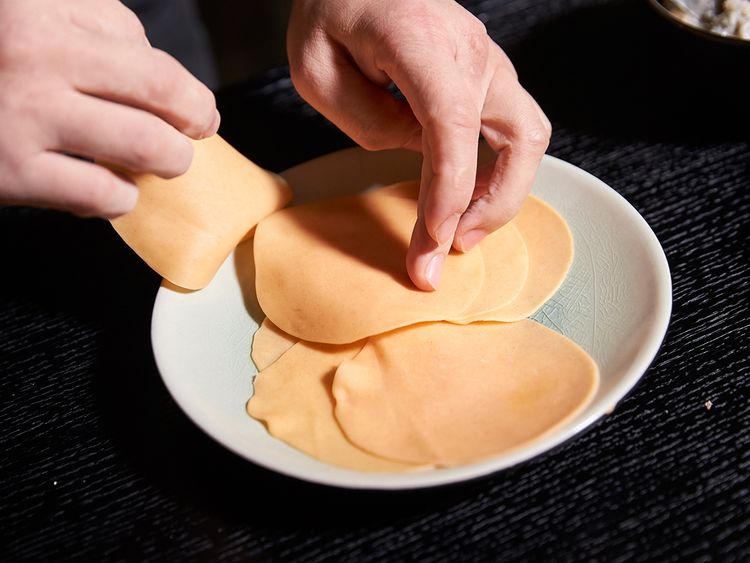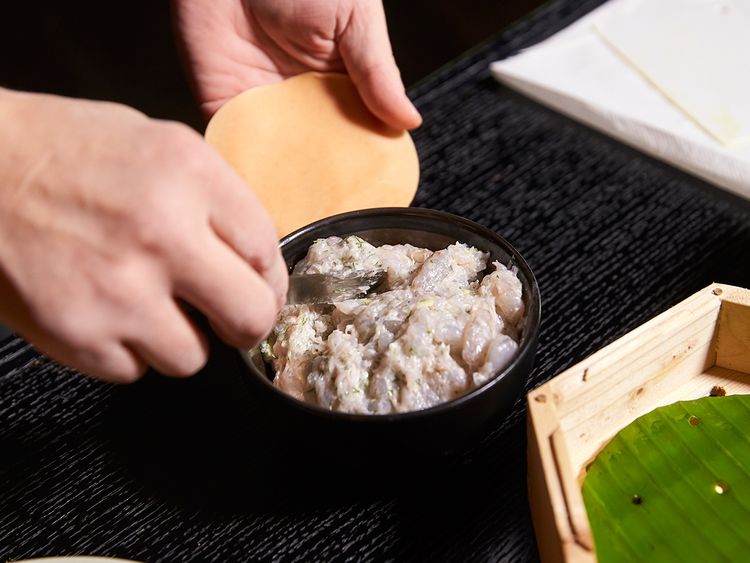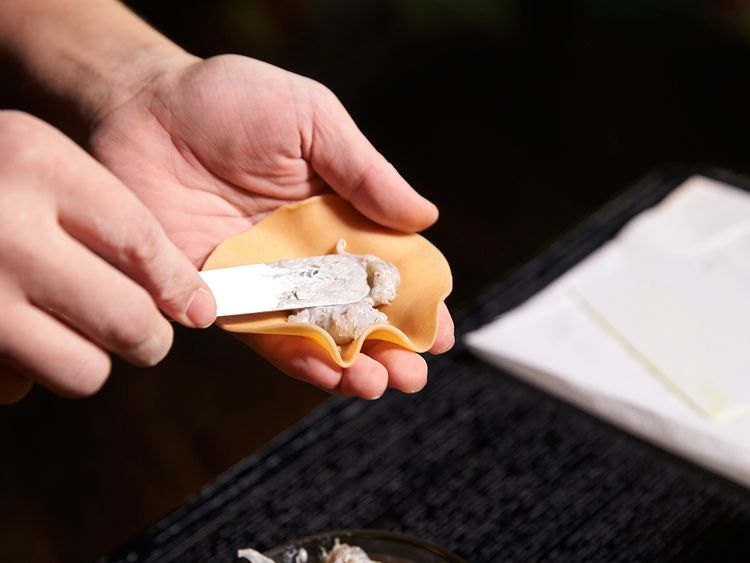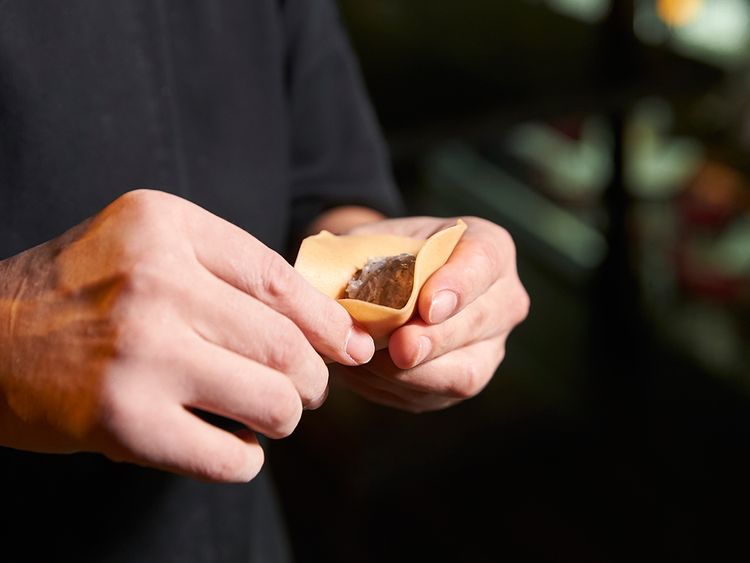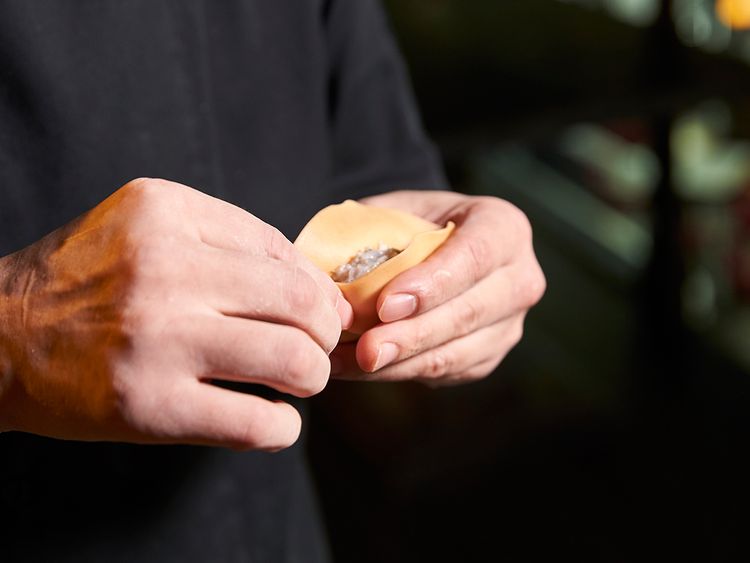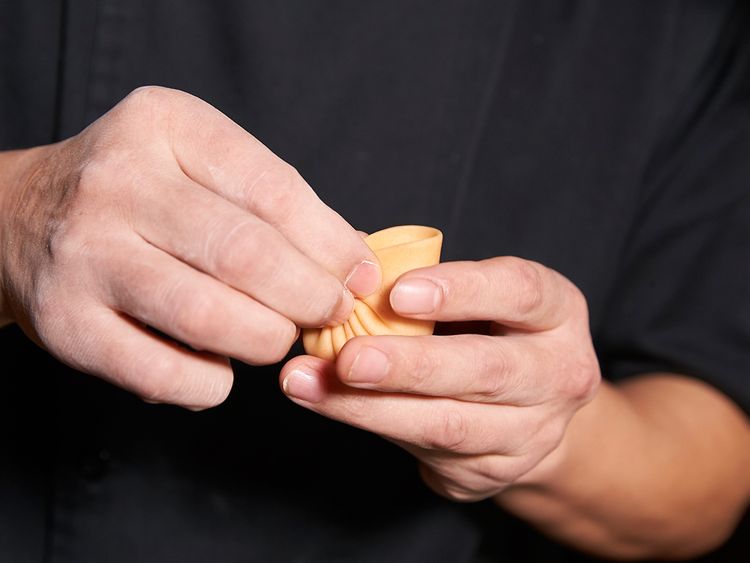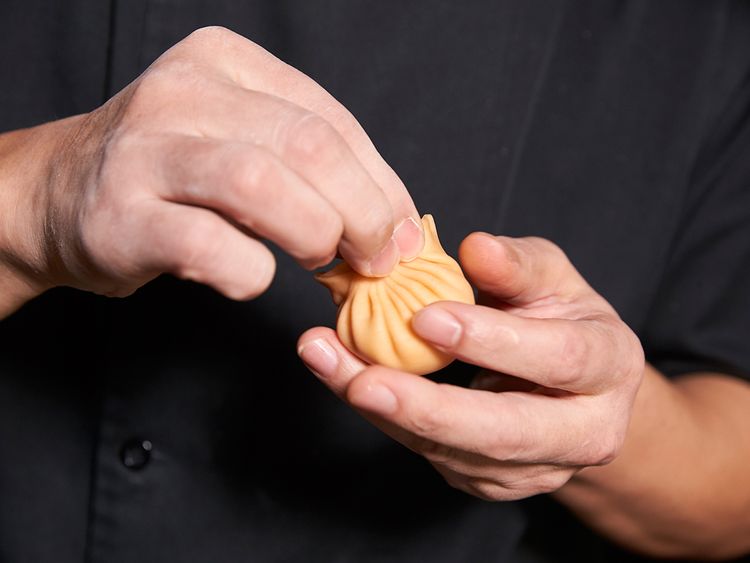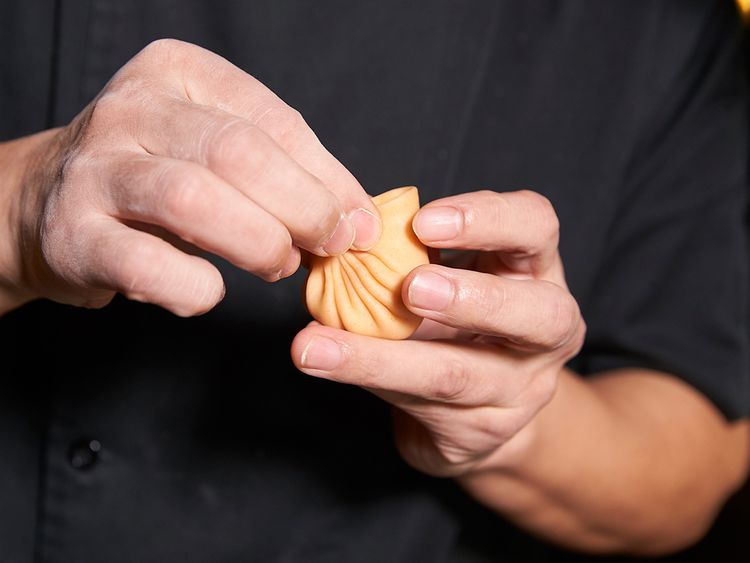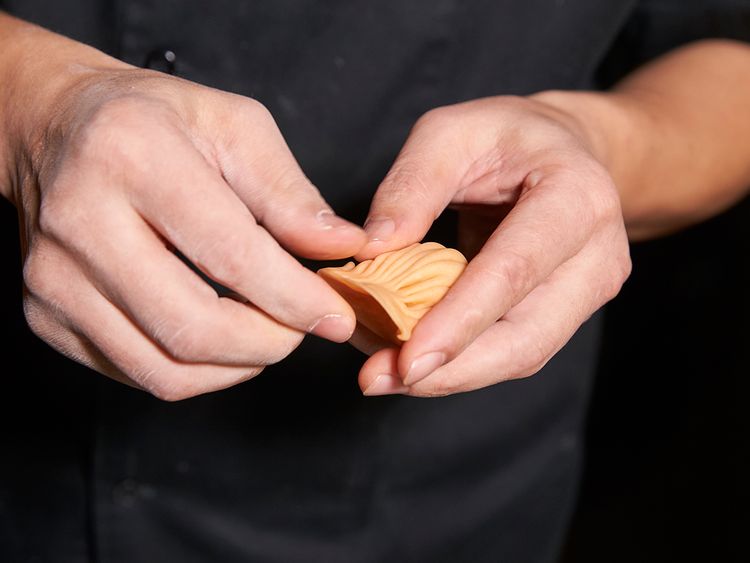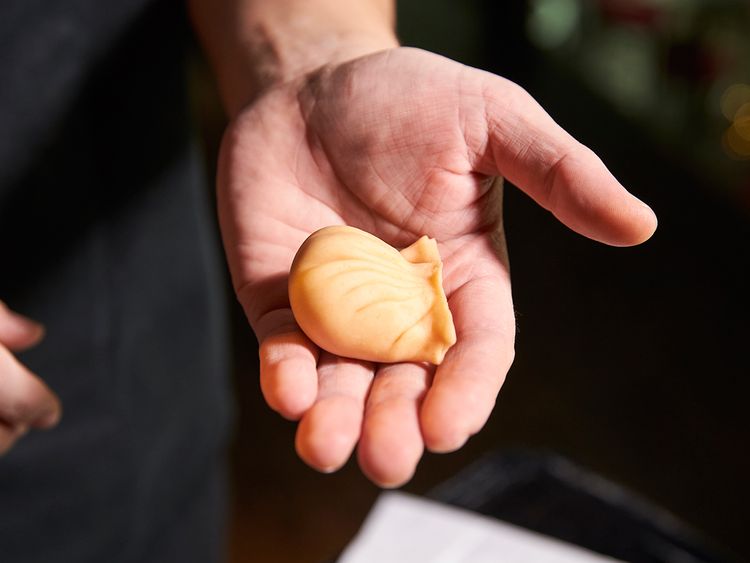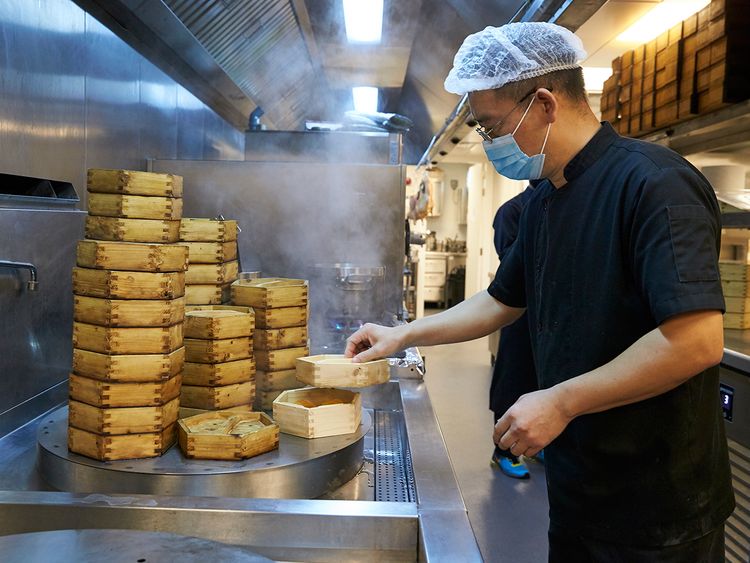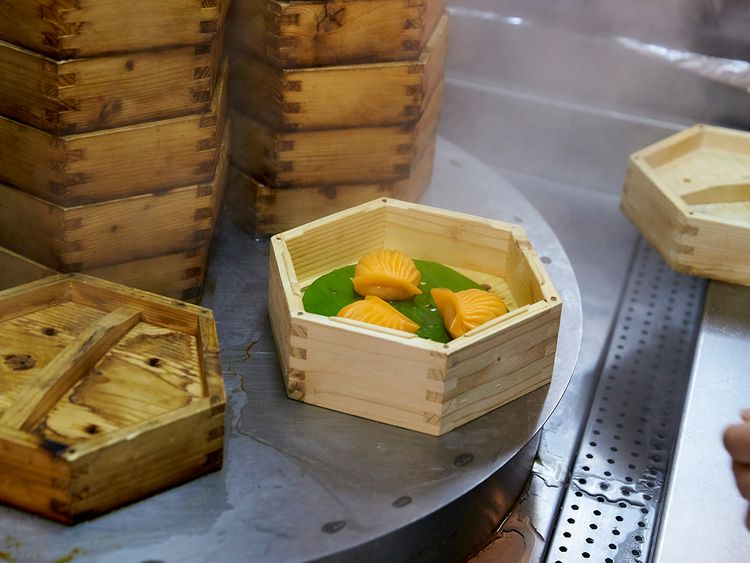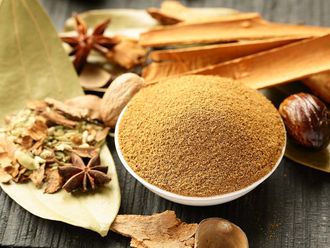Dubai: Chinese cuisine is more than just your traditional bowl of noodles, dumplings and fried rice. The true (and authentic) gastronomical experience lies in the little things. Like dim sum. Often served as an accompaniment for tea, the dim sum is the one dish you would find on every Chinese restaurant's menu. Not to be confused for Tibetan momos or Nepal's yomari, because this dish has a 2,500-year-old history behind it.
While eating it straight out of a bamboo basket is the traditional way of doing so, there can be days when finding a seat at your favourite Chinese restaurant to enjoy a basket of dim sum may look close to impossible. On those days, you can make it yourself at home with this simple food guide right out of Chinese fine dining restaurant Hutong, Dubai's kitchen.
Preparation time: 15 minutes
Cooking time: 1 hour 30 minutes
Serves: 2
Ingredients:
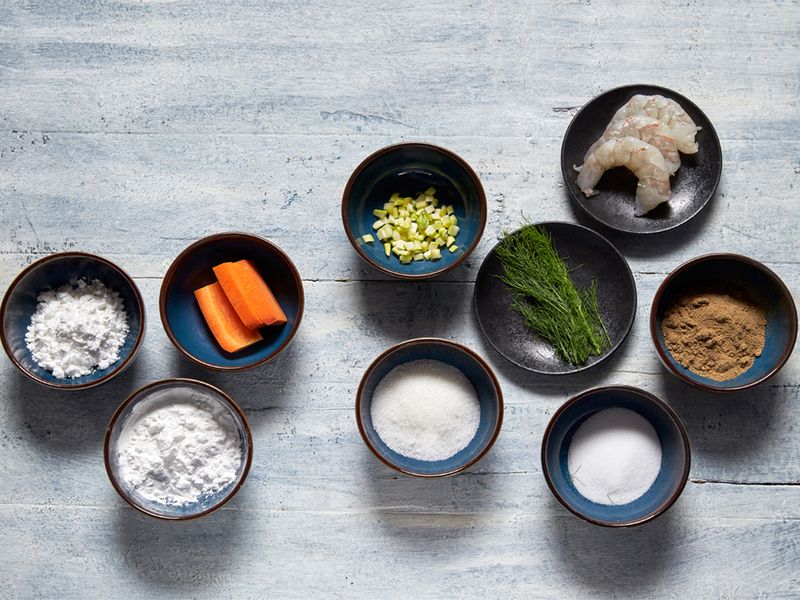
- ½ carrot, diced
- 1 cup corn starch
- 1 cup potato starch
- ½ tsp salt
- ½ tsp sugar
- ½ tsp spice mix (you can choose the spice of your choice)
- ½ sprig Chinese fennel
- 3 pieces shrimp, chopped
- 1 tsp asparagus, chopped
Method:
Step 1: For the dough, first add diced carrots to a blender and juice it. By using a sieve, make sure to strain it out properly so that you don’t get any chunks. Pour it into a pan.
Step 2: Once done, pour it into a pan and heat it on a medium-high flame. Cover the pan with a lid and allow it to boil for 10 minutes. Mix it well.
Step 3:Next, add corn starch and potato starch in equal measures in a bowl. Once the carrot juice comes to a boil, take it off the flame and pour it into the bowl.
Step 4: Once mixed, sprinkle a little corn starch on a flat surface and place the dough on it. Using the heels of your palm, knead the dough slowly, pushing it down and then outward till it becomes smooth enough to pull out easily without sticking to your fingers. Once the dough is kneaded well enough, wrap it in cling film and keep it aside to rest for 10 minutes.
Step 5: While the dough rests, it's time to prepare the filling. For this you will need to chop your shrimp pieces (or any meat of your choice) and add a pinch of salt, sugar, spice mix, Chinese fennel and chopped asparagus. Mix it well and keep it aside.
Step 6: Once the dough is ready, knead it for one last time and roll it out into a long thin strip. Using a Chinese cleaver or what is natively known as paì pí dao and cut the dough in small pieces. Firmly press a piece of it using your palm and then flatten the edges out with the cleaver.
Step 6: Using a Chinese cleaver or what is natively known as paì pí dao and cut the dough in small pieces. Firmly press a piece of the dough using your palm and then flatten the edges out with the cleaver. Carefully scrape the dim sum wrapper off the surface as well.
Step 7: Place each wrapper on a plate and ensure that they do not stick to each other. Once done, wrap it in cling film once again and keep it aside for a 4 to 5 minutes.
Step 9: To make the dim sum, pull each dough wrapper carefully. Scoop out a small portion of the filling and place it in the centre of the dough. Slowly cup the wrapper and hold it like you would hold a Mexican taco. Lightly pinch the two sides of the dim sum wrapper together at the centre of the dumpling's seam. Now, here's the tricky part...
Step 10: This is the pleated fold technique of sealing a dim sum. Hold your thumb and index finger against the seam you just pinched and fold a small portion of the dumpling wrapper from the top towards the center seam, using your other thumb and index finger. Continue the same process till you get a sealed dim sum.
If your filling seems to be coming out of the wrapper, it may be because you put more than a little. So scrape it off using a small spoon and seal it tightly shut.
Step 11: Once done, cut off the excess dough using a metal or plastic scraper.
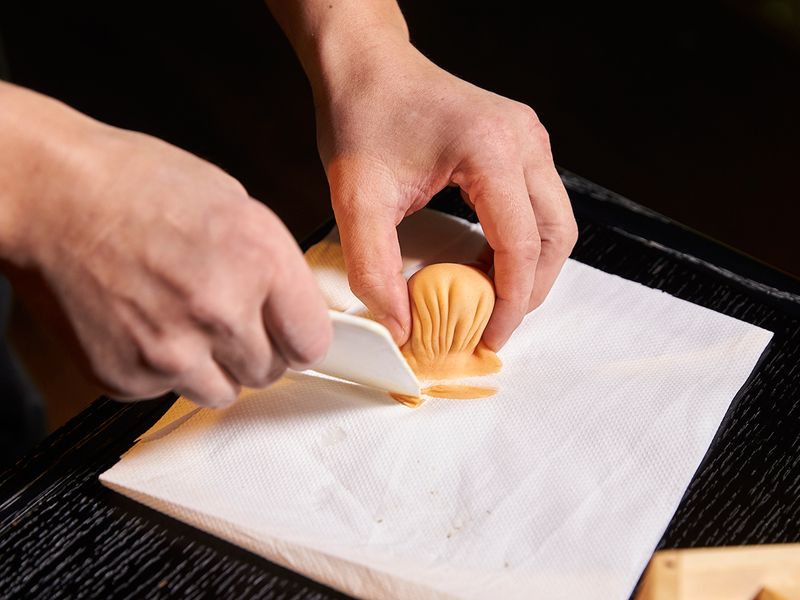
Step 12: Place the sealed dim sums in a Chinese bamboo basket. Make sure to not overcrowd it.
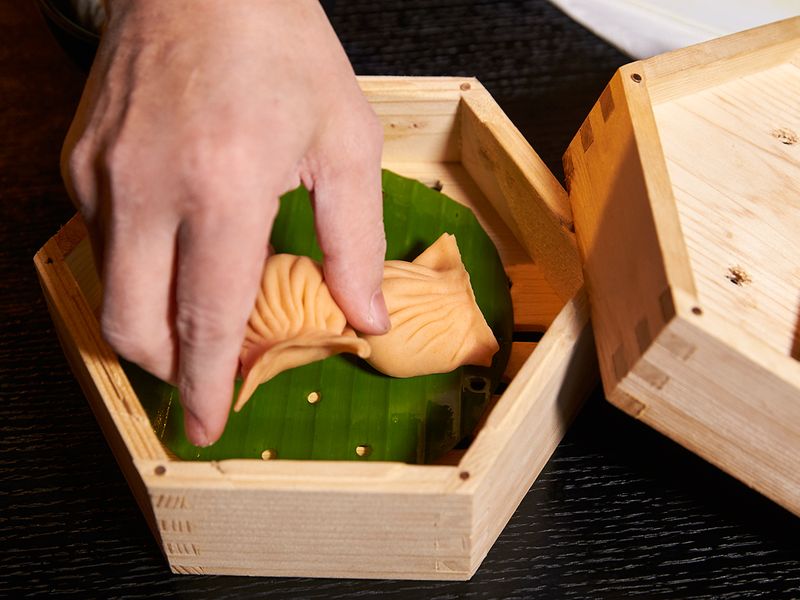
Step 13: Steam it for four minutes on a steaming base and keep it shut till it is ready to be served.
Step 14: Brush a little bit of oil on the surface of the dim sums before serving it with chilli oil and soy sauce.
